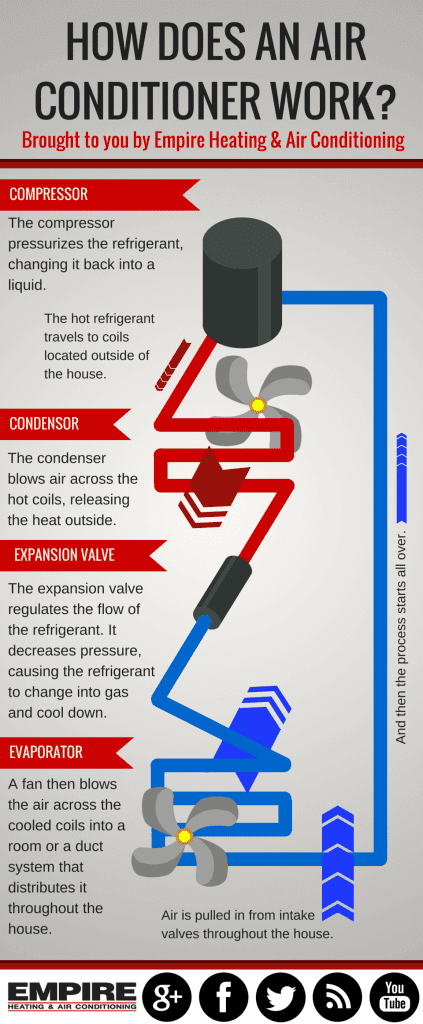When it concerns your heatpump, the weather condition can be a silent influencer, shaping its performance in means you might not have actually thought about. From freezing temperatures to scorching warmth, each component has an one-of-a-kind influence on just how effectively your heatpump operates. Yet fret not, there are actions you can require to ensure your system is running at its ideal no matter the climate condition. So, what can you do to adjust and maximize your heat pump's performance? Allow's explore the refined dancing in between weather and your heatpump's performance.
Effect of Weather on Heat Pump Effectiveness
When it involves the performance of your heat pump, weather condition plays an important role. The efficiency of your heatpump can be substantially influenced by different weather.
For example, during cooler months, when temperature levels drop below freezing, your heatpump needs to function harder to remove warm from the outside air. This can cause decreased effectiveness and increased energy consumption.
Likewise, in extremely hot weather, your heat pump might battle to efficiently cool your home, once again impacting its effectiveness.
Along with temperature level, moisture degrees can additionally affect exactly how well your heat pump operates. High humidity can make it harder for your heat pump to get rid of dampness from the air, minimizing its general efficiency. On the other hand, reduced moisture degrees can create your heatpump to work tougher to maintain a comfy temperature level inside your home.
Comprehending exactly how weather condition affects your heat pump's efficiency can help you make notified choices about its maintenance and operation. By being aware of these factors, you can take steps to maximize your heatpump's performance and ensure it operates at its ideal no matter the weather.
Tips to Optimize Heatpump Efficiency
To boost your heatpump's effectiveness and performance, executing a few crucial approaches can make a considerable distinction.
First, make sure proper airflow by on a regular basis cleansing or replacing air filters. Clogged filters limit air flow, compeling the system to work harder.
Second of all, routine yearly expert upkeep to maintain your heat pump running efficiently. Specialists can identify and take care of any type of concerns prior to they rise, improving overall efficiency.
Furthermore, think about installing a programmable thermostat to manage your home's temperature level successfully. This allows you to adjust settings based on your schedule, protecting against unneeded power consumption.
Additionally, seal any voids or leakages in your house's ductwork to prevent warm loss and make sure optimum air movement.
Finally, keep the area around your heat pump free from particles and plants to keep unrestricted air movement.
Weather Condition Considerations for Heat Pump Maintenance
Taking into consideration the effect of climate on your heatpump's efficiency is essential for reliable maintenance. Severe temperature levels can stress your heat pump, leading to damage on its parts.
Throughout hot weather, ensure correct airflow around the exterior device by clearing particles and plants. In colder temperatures, regularly thaw the unit to avoid ice accumulation. Heavy rain and storms can create flooding, so raise the device preferably or set up a safety cover. In addition, solid winds can bend fins and impact the heat pump's effectiveness, so examine and align them as needed.
Regularly check for relevant site of particles embeded the unit and remove it quickly. Conduct maintenance checks after extreme weather condition events to analyze any damages and ensure every little thing is functioning properly. By staying hvac repairs and dealing with weather-related concerns promptly, you can lengthen the life of your heat pump and maintain its effectiveness.
Conclusion
In conclusion, understanding just how climate affects your heat pump performance is vital to maximizing its efficiency. By adhering to straightforward steps like normal maintenance, filter cleaning, and correct airflow, you can ensure your heatpump operates at its finest in any kind of weather condition. Do not let the aspects impede your system's performance - take control and keep your home comfortable year-round.
